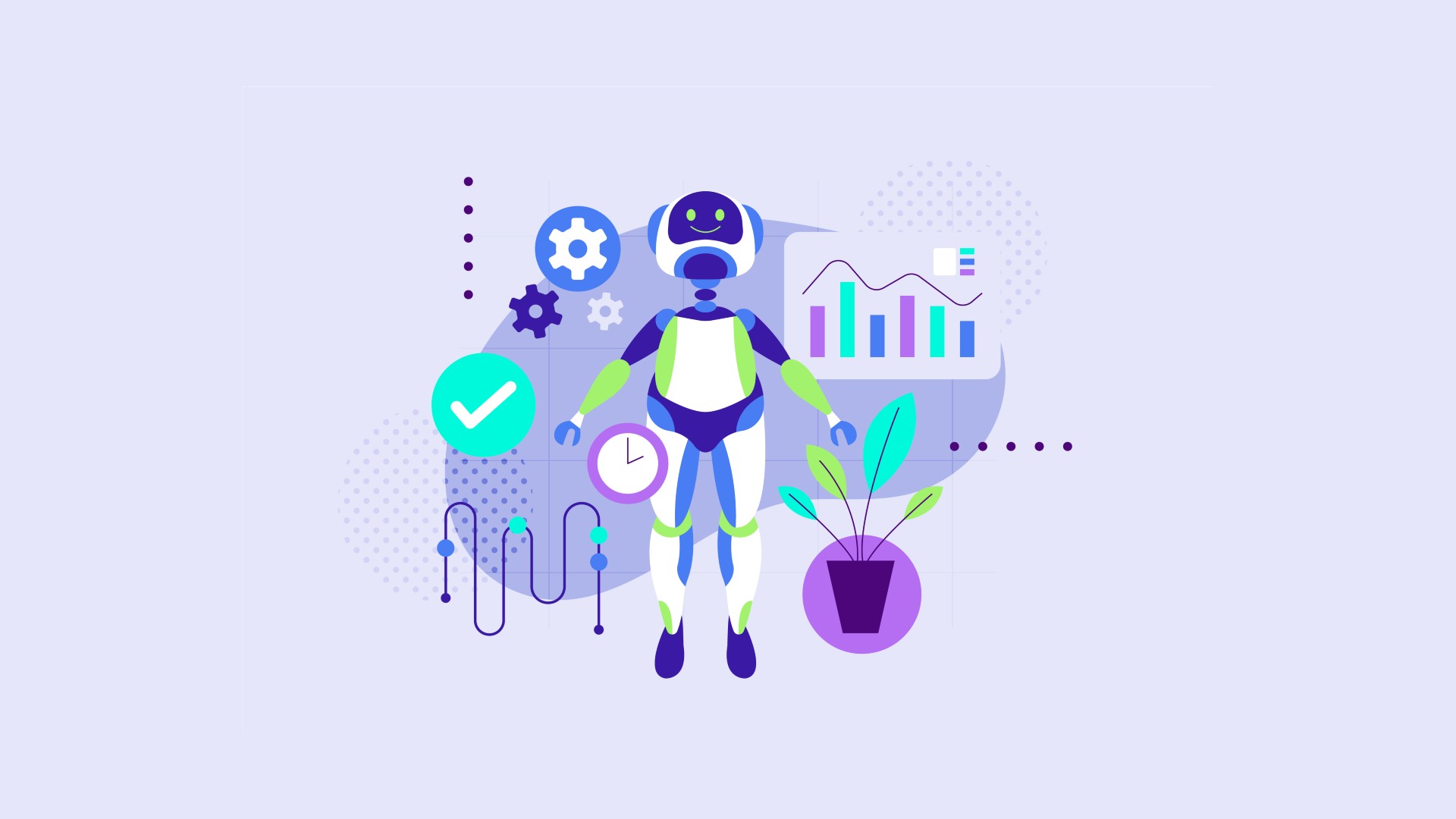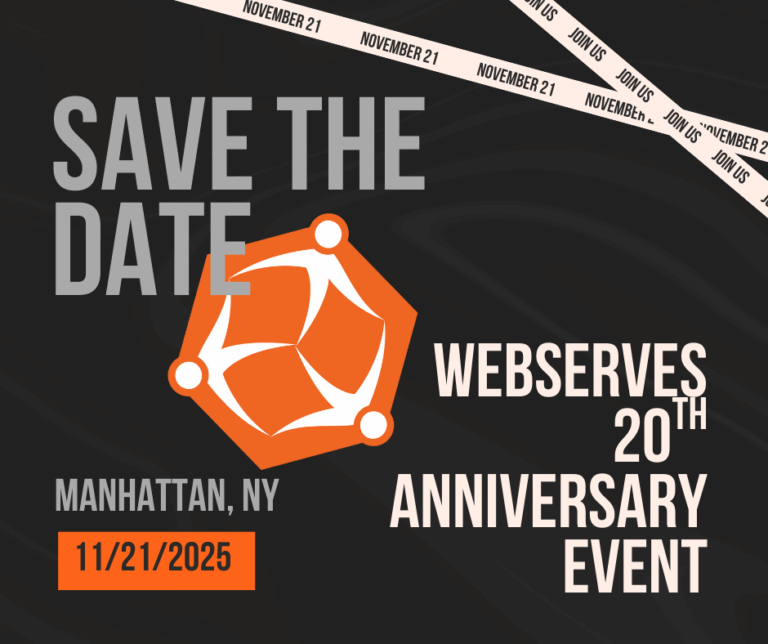
Artificial Intelligence is no longer a futuristic concept—it’s here, shaping how we work, create, and interact. From writing assistants to image generators, AI tools have become more accessible than ever. But with so many options, how do you choose the right AI for your needs?

Noela Nakos is a seasoned technology leader and strategic advisor with over 30 years of success driving cutting-edge digital transformations in both consumer and enterprise

Join us for a special evening as we celebrate 20 years of making a difference!
Register now to secure your attendance.
Come connect,

2O25 is the 20th Anniversary of the founding of WebServes. During the year, we have engaged in small gestures of celebration of the milestones and

At WebServes, we've dedicated our services to putting the power of responsible tech in the hands of nonprofits and their constituents. Join us this #GivingTuesday2025 to help us empower organizations...
Follow us on LinkedIn, FaceBook, and Instagram.
Since 2005, WebServes has helped nonprofits, small & medium businesses to amplify their causes across many sectors. Let us help you now!